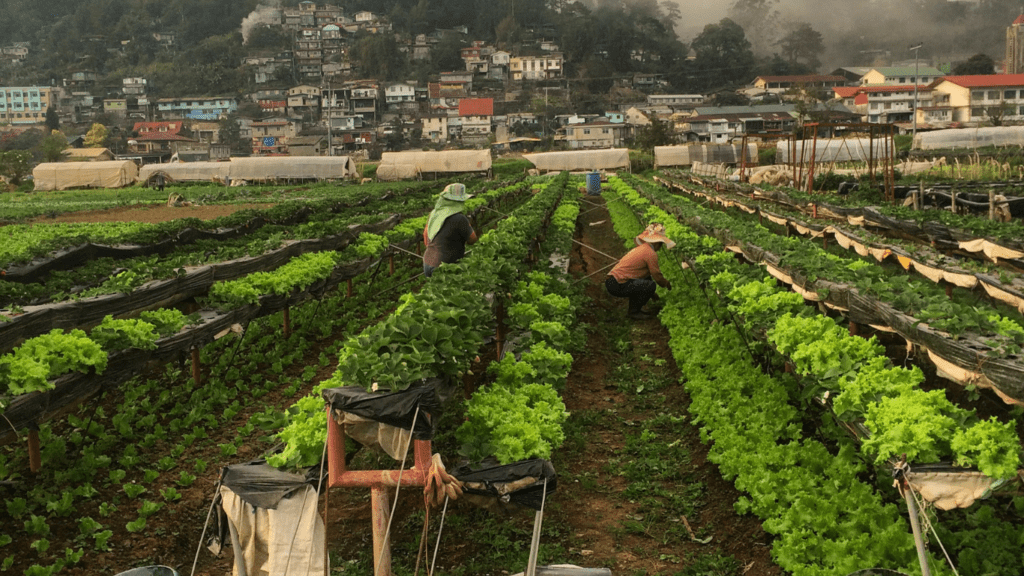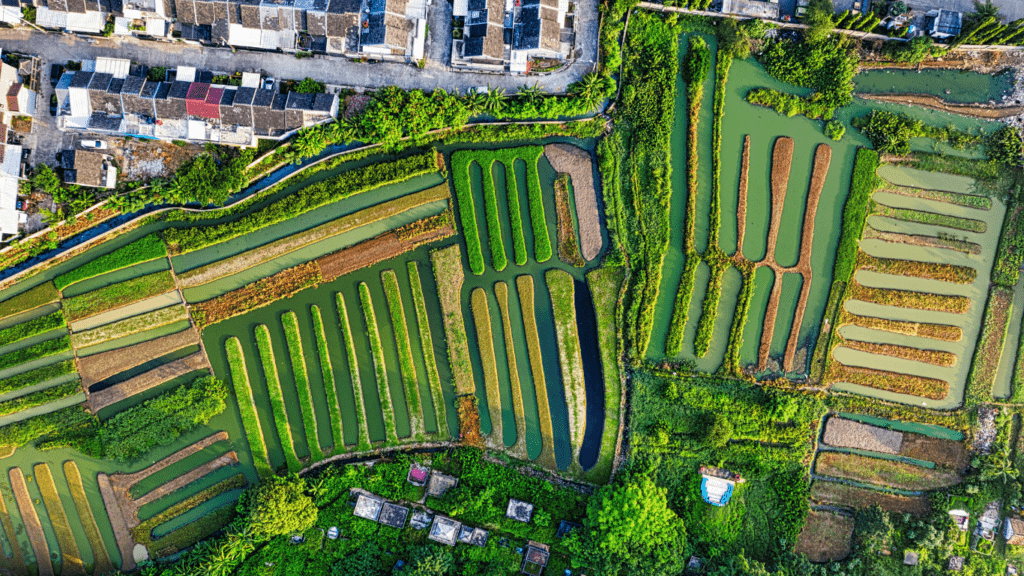As someone passionate about sustainable agriculture and urban development, I’ve been keeping a keen eye on the rise of innovative startups in urban agriculture. The intersection of technology, sustainability, and food production has given birth to a new wave of companies that are reshaping the way we think about farming in urban spaces. From vertical farms in skyscrapers to community-supported agriculture initiatives in city neighborhoods, these startups are revolutionizing the future of food production.
In this article, I’ll introduce you to some of the most exciting and promising startups in urban agriculture that are worth watching. These companies are not only addressing the challenges of feeding a growing global population but also paving the way for a more sustainable and environmentally friendly approach to food cultivation in urban areas. Join me as we explore the cutting-edge innovations and entrepreneurial spirit driving the urban agriculture revolution.
Emerging Trends in Urban Agriculture
As I delve deeper into the realm of urban agriculture, I can’t help but notice the exciting emergence of trends that are shaping the landscape of food production in cities. Let’s explore how technology and sustainability are playing pivotal roles in revolutionizing urban agriculture.
Technologies Shaping the Future
In urban agriculture, technology plays a crucial role in optimizing production and addressing the challenges of limited space and resources. From vertical farming systems utilizing hydroponics and aeroponics to smart sensors monitoring crop health, innovative technologies are transforming urban farming practices. These advancements not only increase efficiency and yields but also enable year-round cultivation, reducing the environmental footprint of food production in cities.
Sustainability and Resource Management
Sustainability lies at the core of urban agriculture, driving practices that minimize waste, conserve water, and promote eco-friendly growing methods. Startups in this space are implementing circular economy models, utilizing renewable energy sources, and focusing on biodiversity to create resilient urban food systems. By prioritizing resource management and adopting sustainable practices, these companies are not only ensuring food security but also contributing to a healthier and more sustainable urban environment.
Innovative Startups in Urban Agriculture to Watch
Vertical Farming Visionaries
Innovative startups in urban agriculture focusing on vertical farming have revolutionized food production in cities. They utilize vertical spaces to grow crops efficiently, maximizing output while minimizing the use of land. These startups employ cutting-edge technologies like automated systems and LED lighting to create optimal growing conditions for a variety of crops. By embracing vertical farming, these companies are paving the way for sustainable and space-efficient agriculture in urban areas.
Hydroponics and Aquaponics Pioneers
Startups pioneering hydroponics and aquaponics in urban agriculture are leading the way in sustainable food production practices. By cultivating plants without soil in nutrient-rich water solutions, hydroponic systems save water and space while reducing the environmental impact of traditional agriculture. Aquaponics combines hydroponics with aquaculture, creating a closed-loop system where plants and fish mutually benefit from each other’s waste. These innovative startups are exemplifying eco-friendly methods of food cultivation in urban environments, showcasing the potential for sustainable urban agriculture solutions.
Challenges Facing Urban Agriculture Startups
Navigating the complex regulatory landscape is one of the key challenges that urban agriculture startups encounter. Regulations related to land use, zoning laws, food safety standards, and permits can vary significantly between different cities, making it difficult for startups to establish and expand their operations seamlessly. Adhering to these regulations while trying to innovate in a rapidly evolving industry can pose a significant barrier to entry for many urban agriculture startups.
- Regulatory Hurdles
I’ve observed that urban agriculture startups often face regulatory hurdles related to land use policies and zoning regulations. These hurdles can limit where startups can operate, the types of crops they can grow, and the scale of their operations. Navigating these complex regulations requires time, resources, and expertise, which can be a challenge for early-stage startups with limited capacities. Despite these challenges, startups that can effectively navigate and comply with regulations are better positioned for long-term success and growth in the urban agriculture sector. - Scalability and Market Reach
When it comes to scalability and market reach, urban agriculture startups often struggle to expand beyond their local markets. Limited access to distribution networks, high operational costs, and the need to educate consumers about urban agriculture practices can hinder the scalability of startups in this sector. Achieving economies of scale while maintaining quality and sustainability standards poses a significant challenge for urban agriculture startups looking to reach broader markets and compete with conventional food production systems.
Investment and Support for Urban Agriculture
Investment in urban agriculture is crucial for the growth and success of innovative startups in this sector. It’s essential to track funding trends to understand the financial landscape and opportunities available for urban agriculture ventures.
Funding Trends
I follow funding trends closely to identify potential investment opportunities for urban agriculture startups. Keeping an eye on the latest financial data allows me to guide startups towards sources of funding that align with their business models and growth plans. By analyzing funding patterns, I can help entrepreneurs make informed decisions about fundraising strategies and sources of capital.
Incubators and Accelerators
Incubators and accelerators play a vital role in nurturing and supporting urban agriculture startups. These programs provide valuable resources, mentorship, and networking opportunities to help young companies thrive in a competitive market. I recommend exploring various incubator and accelerator programs tailored to the specific needs of urban agriculture startups to access the support and guidance necessary for sustainable growth.

 Jameser Knowlesicker is the visionary founder of the project, passionately advocating for urban agriculture and sustainability. His commitment to transforming city landscapes into vibrant green spaces led him to create a platform that disseminates the latest news and trends in urban farming. Jameser focuses on promoting eco-friendly practices and products, emphasizing the health benefits of growing one’s own food. Under his leadership, the project has become a vital resource for urban gardeners and sustainability enthusiasts, inspiring collective efforts to foster environmental sustainability and enhance urban life.
Jameser Knowlesicker is the visionary founder of the project, passionately advocating for urban agriculture and sustainability. His commitment to transforming city landscapes into vibrant green spaces led him to create a platform that disseminates the latest news and trends in urban farming. Jameser focuses on promoting eco-friendly practices and products, emphasizing the health benefits of growing one’s own food. Under his leadership, the project has become a vital resource for urban gardeners and sustainability enthusiasts, inspiring collective efforts to foster environmental sustainability and enhance urban life.